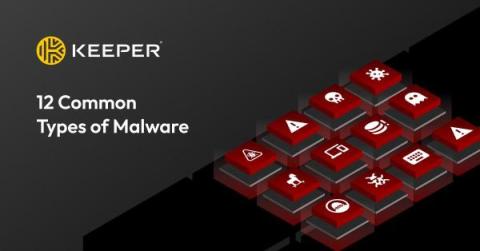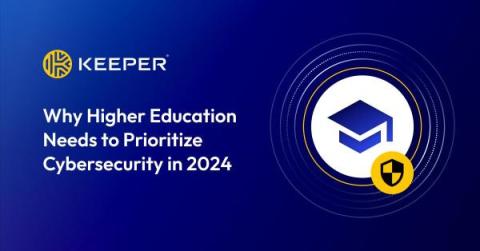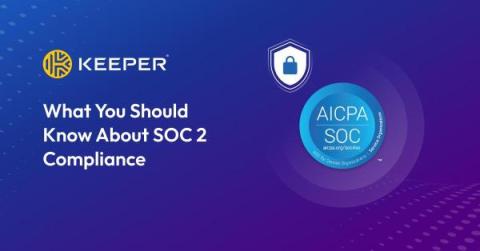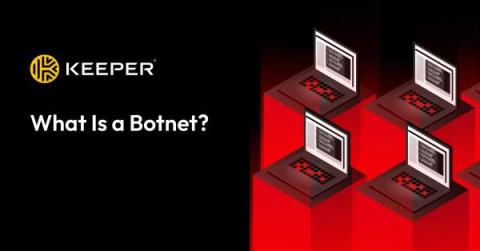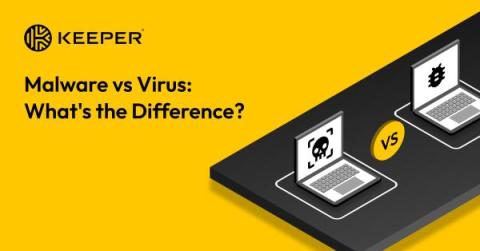Expedite CMMC With Keeper Security
The U.S. Department of Defense (DoD) introduced its Cybersecurity Maturity Model Certification (CMMC) program in early 2020. CMMC is a security framework and assessor certification program designed to ensure that all Defense Industrial Base (DIB) contractors meet at least basic cybersecurity requirements for handling Controlled Unclassified Information (CUI), which includes compliance with a variety of standards published by the National Institute of Standards and Technology (NIST).




